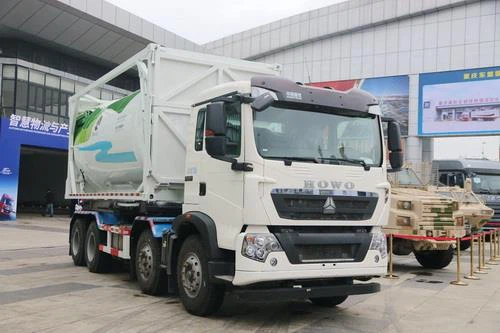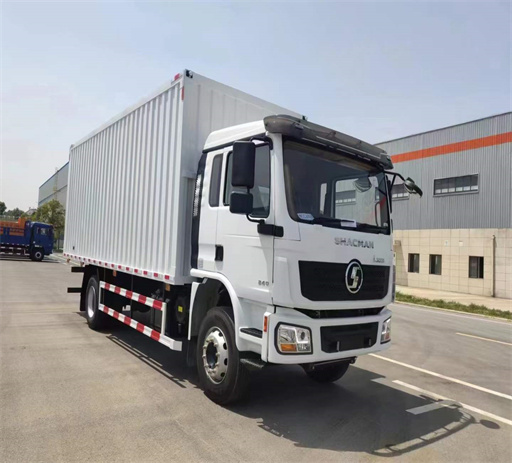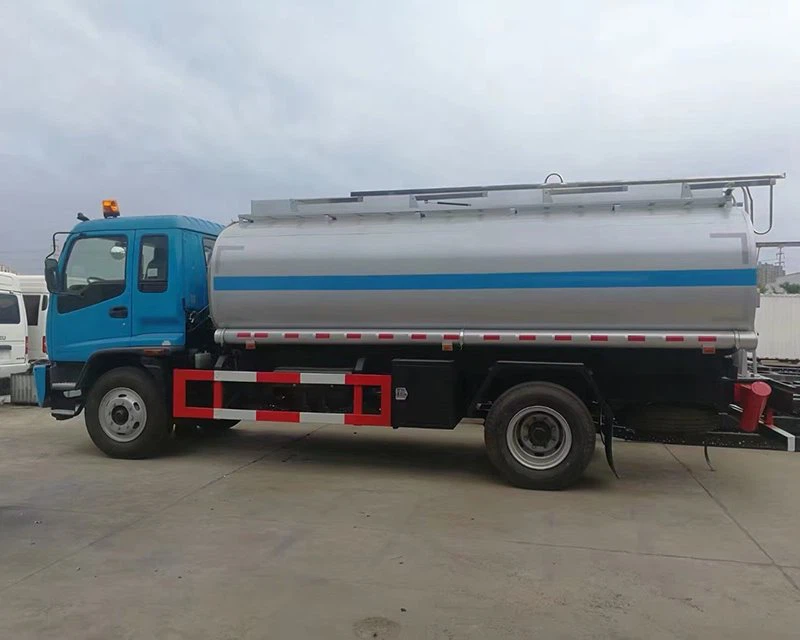Ultimate Guide to Rolloffs for Sale: Choosing the Right Container for Your Project

When it comes to managing waste and debris during construction or renovation projects, rolloff containers have become a popular choice. They offer convenience, flexibility, and efficiency. This article will explore everything you need to know about rolloffs for sale, helping you make informed decisions for your project needs.
What Are Rolloffs?
Rolloffs, also known as roll-off dumpsters, are large waste containers designed to be delivered and picked up by specialized vehicles. They are commonly used for a variety of projects, including home renovations, construction sites, and large cleanouts. Understanding the different types of rolloffs available and their specific uses is essential for effective waste management.
History of Rolloffs
The concept of rolloff containers dates back to the mid-20th century when the need for efficient waste disposal systems became apparent. Originally designed to be towed by trucks, these containers have evolved into sophisticated waste management solutions. Today, rolloffs are an integral part of waste management in both residential and commercial sectors.
Why Choose Rolloffs for Your Project?
Rolloffs provide several advantages over traditional waste disposal methods:
- Space Efficiency: Rolloffs can hold a large amount of waste, which minimizes the need for frequent pickups.
- Easy Access: They are designed for easy loading, saving you time and effort.
- Versatility: Rolloffs come in various sizes, making them suitable for projects of all scales.
- Sustainability: Many rolloff companies focus on recycling materials, helping reduce landfill waste.
Types of Rolloffs for Sale
Understanding the different types of rolloffs available can help you choose the right one for your project.
Standard Rolloffs
Standard rolloffs are the most commonly used containers. They usually range in size from 10 to 40 cubic yards, making them ideal for general debris like household junk, construction materials, and more.
Sizes Available
| Size (Cubic Yards) | Typical Uses |
|---|---|
| 10 | Small renovation projects, garage cleanouts. |
| 20 | Medium-sized construction sites, yard waste. |
| 30 | Large remodels or construction projects. |
| 40 | Major renovations, large commercial jobs. |
Specialty Rolloffs
Some projects require specialized containers for specific materials. Specialty rolloffs include:
- Hazardous Material Containers: Designed for safely disposing of hazardous waste.
- Food Waste Containers: Ideal for restaurants and catering businesses.
- Concrete Rolloffs: Designed for heavy materials like concrete and bricks.
How to Choose the Right Rolloff for Your Project
Assess Your Needs
Before purchasing or renting a rolloff, assess the nature of your project:
- Type of Waste: Determine what kind of materials you will be disposing of.
- Volume of Waste: Evaluate how much waste you expect to generate.
- Project Duration: Consider how long you’ll need the rolloff for.
Consult with Professionals
Reach out to waste management professionals for advice on the type and size of rolloff you need. They can provide valuable insights based on their experience and industry standards.
Compare Prices
When shopping for rolloffs for sale, always compare prices among different providers. This includes rental rates, delivery fees, and any additional charges. Be wary of companies that offer very low prices, as they may have hidden fees.
Factors Affecting Price
| Factor | Impact on Price |
|---|---|
| Size of Rolloff | Larger sizes typically cost more. |
| Rental Duration | Longer rentals result in higher costs. |
| Location | Distance from disposal site can affect delivery fees. |
| Type of Waste | Specialized waste may incur additional disposal charges. |

Practical Tips for Using Rolloffs
Organizing Your Waste
To maximize the use of your rolloff, organize waste by category. Place heavier materials like concrete at the bottom and lighter materials on top. This not only optimizes space but also ensures safe loading and unloading.
Loading Tips
Follow these tips for efficient loading:
- Break down larger items to save space.
- Avoid overfilling the container to ensure safe transport.
- Load items close to the edges for efficient space usage.
Scheduling Pickups
Monitor your rolloff and schedule pickups in advance to minimize downtime on your project. Communicate clearly with your waste management provider about your timeline and requirements.
Environmental Considerations
Rolloffs can significantly impact the environment, especially regarding recycling and waste reduction. Choose a waste management company that prioritizes sustainable practices and recycling efforts.
Recycling Options
Many rolloff companies offer recycling services. Separate recyclable materials like metals, paper, and plastics to reduce landfill waste and promote recycling efforts.
Composting

If your project generates organic waste, consider a rolloff dedicated to composting. This not only diverts waste from landfills but also contributes to nutrient-rich soil for gardening.
Rolloffs for Sale: Where to Buy
When looking for rolloffs for sale, consider the following avenues:
Local Waste Management Companies

Many local waste management companies offer rolloff rentals and sales. They may also provide competitive rates and personalized services for your needs.
Online Marketplaces
Websites like Craigslist and Facebook Marketplace often feature listings for used rolloffs for sale. Ensure you verify the condition and legality of the sale.
Manufacturer Websites
Some manufacturers offer direct sales, allowing you to purchase a rolloff directly. This can be an excellent option if you require a specific size or customization.
Common Questions About Rolloffs for Sale
1. What size rolloff do I need for a home renovation?
The size of the rolloff needed for a home renovation generally depends on the scale of the project. A 20-yard rolloff is usually sufficient for medium-sized renovations, while larger remodels may require 30 or 40-yard containers.
2. Can I put hazardous materials in a rolloff?
No, hazardous materials such as chemicals, batteries, or medical waste should not be placed in rolloff containers. Check with your waste management provider for safe disposal options for these materials.
3. How much do rolloffs cost to rent?
Rental costs for rolloffs vary based on size, location, and duration. On average, prices can range from $300 to over $600 for a week’s rental, depending on the factors mentioned.
4. How do I schedule a pickup for my rolloff?
Contact your waste management provider to arrange for a pickup. It’s best to schedule the pickup a few days in advance to ensure timely collection.
5. Are there any items I cannot place in a rolloff?
Yes, items like hazardous waste, tires, electronics, and appliances are generally prohibited. Always consult your waste management provider for a complete list of restricted items.
6. Can I buy a rolloff container instead of renting?
Yes, you can purchase a rolloff container. This may be a suitable option for businesses that regularly need a rolloff for waste management.
